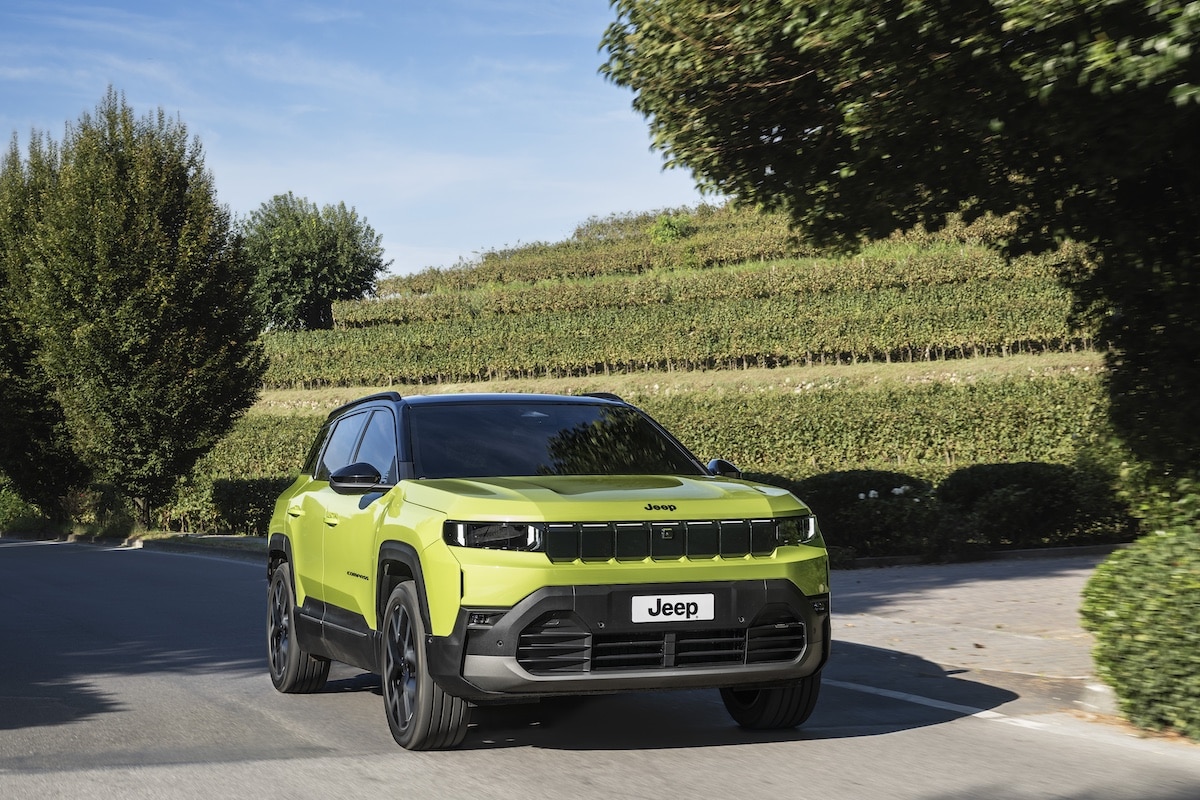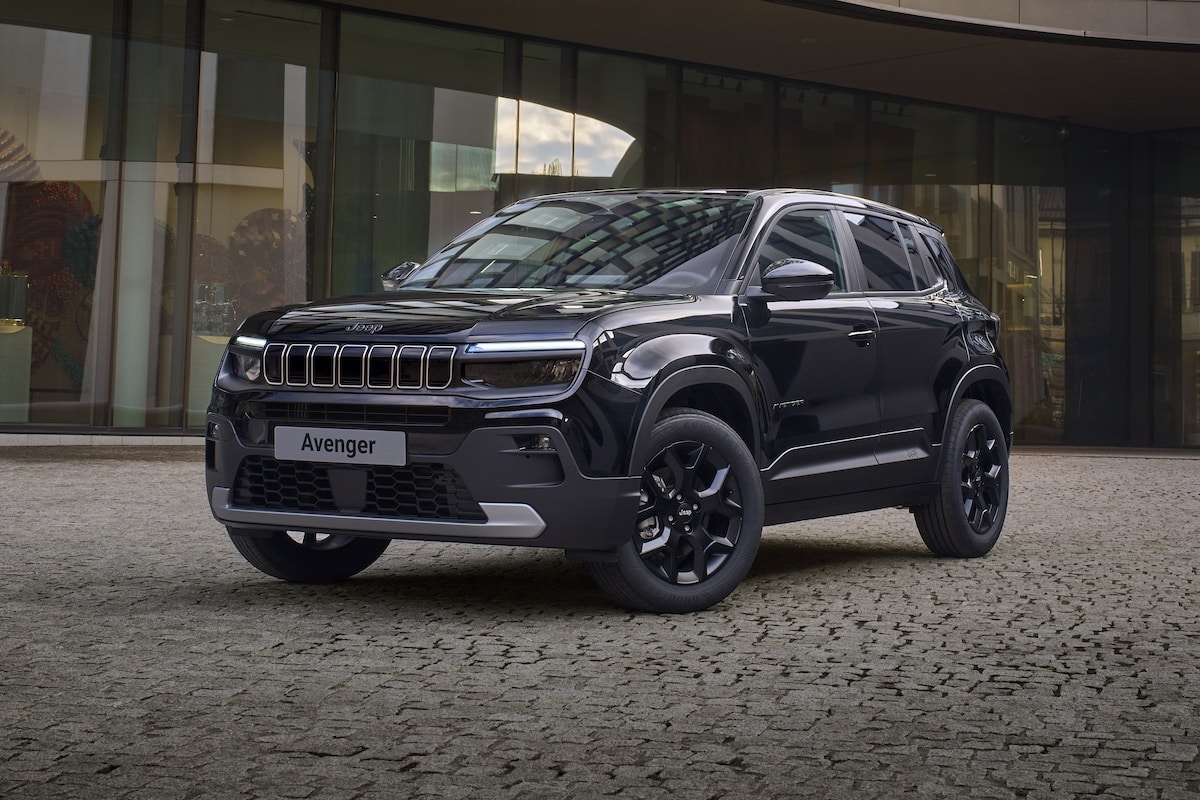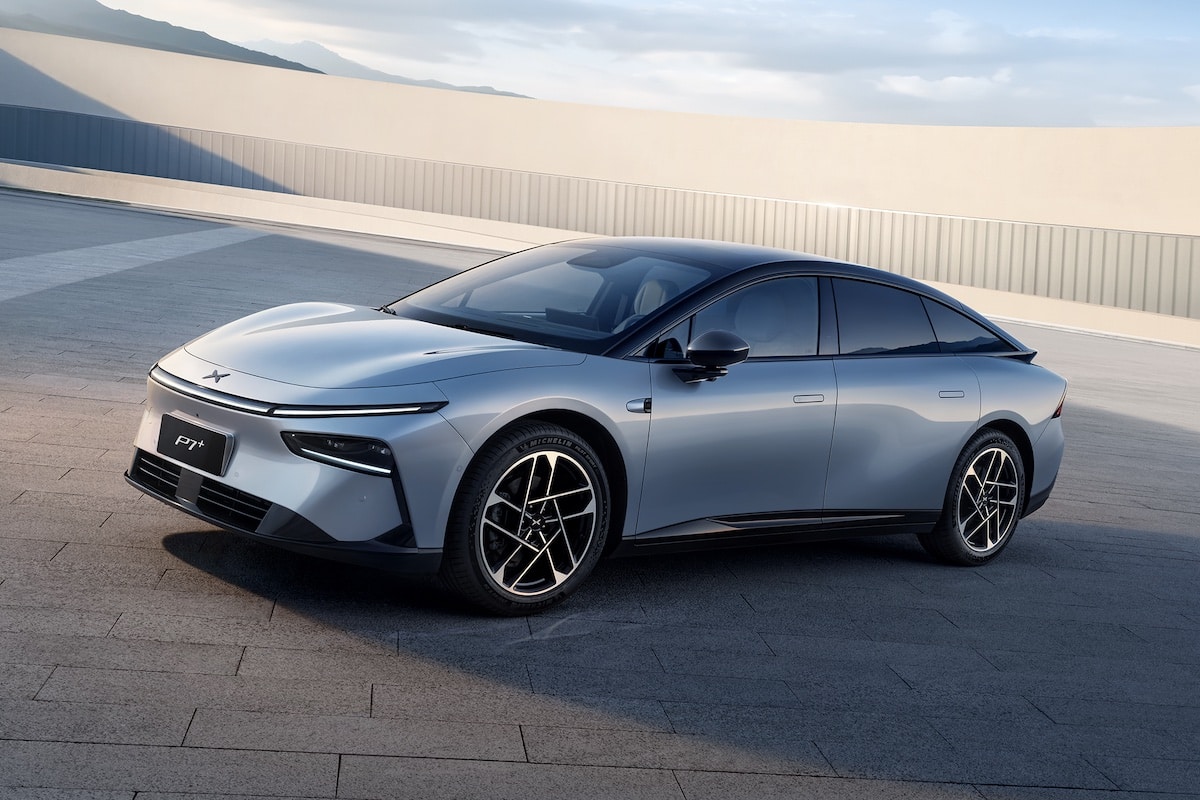For Ford and Volvo, Europe Really Needs to Ban Internal Combustion Engines

Opportunistic stance or genuine ecological advocacy?
A few days ago, the Environment Committee of the European Parliament approved the end of sales of thermal cars by 2035. This does not mean that the text is definitively adopted. It must now be submitted to the European Parliament during the June plenary session, then validated by the different member states.
In this context, 28 companies have written an open letter urging political leaders to finalize this measure. Among the signatories are two car brands: Ford and Volvo.
A clear stance
“More than a dozen car brands have voluntarily committed to selling only electric cars in Europe over the next decade. We need European decision-makers to recognize this ambition and ensure that latecomers do not slow down market change,” reads the text. Even more explicit, the following paragraph is directly addressed to the relevant political leaders: “As members of the European Parliament and representatives of European governments, the proposals are now in your hands; it is up to you to decide how quickly the ‘zero-emission’ revolution will happen in Europe.”
Measures to support the end of thermal vehicles
Meanwhile, the signatories are calling for measures to ensure Europe develops appropriate infrastructure and establishes a clean supply chain. They also emphasize the need to support economic actors affected by the shift to all-electric vehicles.
Ford and Volvo plan to phase out thermal engines by 2030. Their stance thus aligns with their strategy. This strategy, incidentally, has been more imposed than genuinely chosen. Most manufacturers are following the same path, although some seem occasionally more hesitant than others.
Read also: Particle emissions: a problem also linked to electric vehicles
This page is translated from the original post "Pour Ford et Volvo, l’Europe doit vraiment interdire le thermique" in French.
We also suggestthese articles:
Also read





